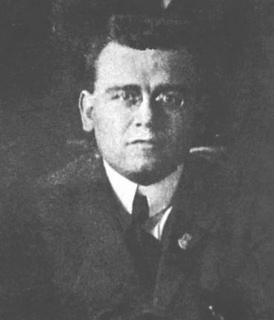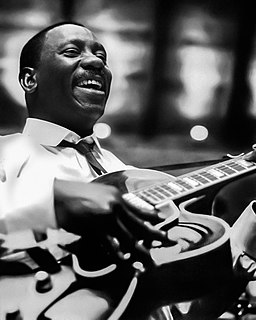A Quote by W. G. Sebald
The capital amassed in the eighteenth and nineteenth centuries through various forms of slave economy is still in circulation, said De Jong, still bearing interest, increasing many times over and continually burgeoning anew.
Related Quotes
The degeneration of the revolution in Russia does not pass from the revolution for communism to the revolution for a developed kind of capitalism, but to a pure capitalist revolution. It runs in parallel with world-wide capitalist domination which, by successive steps, eliminates old feudal and Asiatic forms in various zones. While the historical situation in the seventeenth, eighteenth and nineteenth centuries caused the capitalist revolution to take liberal forms, in the twentieth century it must have totalitarian and bureaucratic ones.
Many Christians, though keenly sensitive to the dangers of greed and discontent that come with an economy of continually increasing consumption, nevertheless feel that it is worth risking if only it can end man's physical miseries. The trouble is that it can't. In a finite world, continually increasing consumption is just not possible.
At its best, fantasy rewards the reader with a sense of wonder about what lies within the heart of the commonplace world. The greatest tales are told over and over, in many ways, through centuries. Fantasy changes with the changing times, and yet it is still the oldest kind of tale in the world, for it began once upon a time, and we haven't heard the end of it yet.
When I was a little kid, I realized that if you say any word over and over fast enough, it loses all meaning. I'd lie awake saying the words over and over to myself--'sugar,' 'mirror,' 'whisper,' 'dark.' 'Sister,'" he said softly. "You're my sister." "It doesn't matter how many times you say it. It'll still be true." "And it doesn't matter what you won't let me say, that'll still be true too.
Capital, never concerned with distribution, is now less and less concerned with production. Capital is driving for power, for the control over markets, lands, resources. Capital, in corporate hands, can move anywhere and thus demand and get the utmost in concessions and privileges as well as the freedom to operate in the interest of ever-increasing wealth and assets.
In the name of economy a thousand wasteful devices would be invented; and in the name of efficiency new forms of mechanical time-wasting would be devised: both processes gained speed through the nineteenth century and have come close to the limit of extravagant futility in our own time. But labor-saving devices could only achieve their end-that of freeing mankind for higher functions-if the standard of living remained stable. The dogma of increasing wants nullified every real economy and set the community in a collective squirrel-cage.
In the supposedly enlightened eighteenth and nineteenth centuries, parental indifference, child neglect, and raw cruelty appearedamong Europeans of all classes.... In mid-nineteenth- century France, families abandoned their children at the rate of thirty-three thousand a year.... It took sixty years after the criminalization of cruelty to animals for cruelty to children to be made punishable under English law.... Industrialized America added brutalizing child labor to the oppressions of the young.
I don't know that many chords. I'd be loaded if I knew that many. But that's not my aim. My aim is to move from one vein to the other without any trouble. The biggest thing to me is keeping a feeling, regardless what you play. So many cats lose their feeling at various times, not through the whole tune, but at various times, and it causes them to have to build up and drop down, and you can feel it.






































